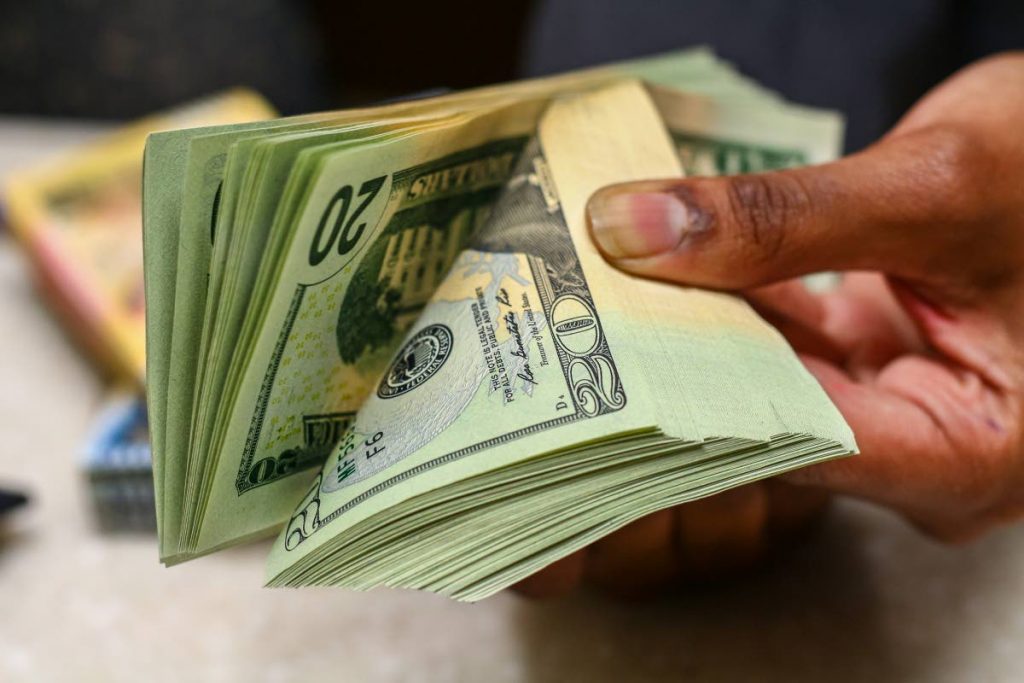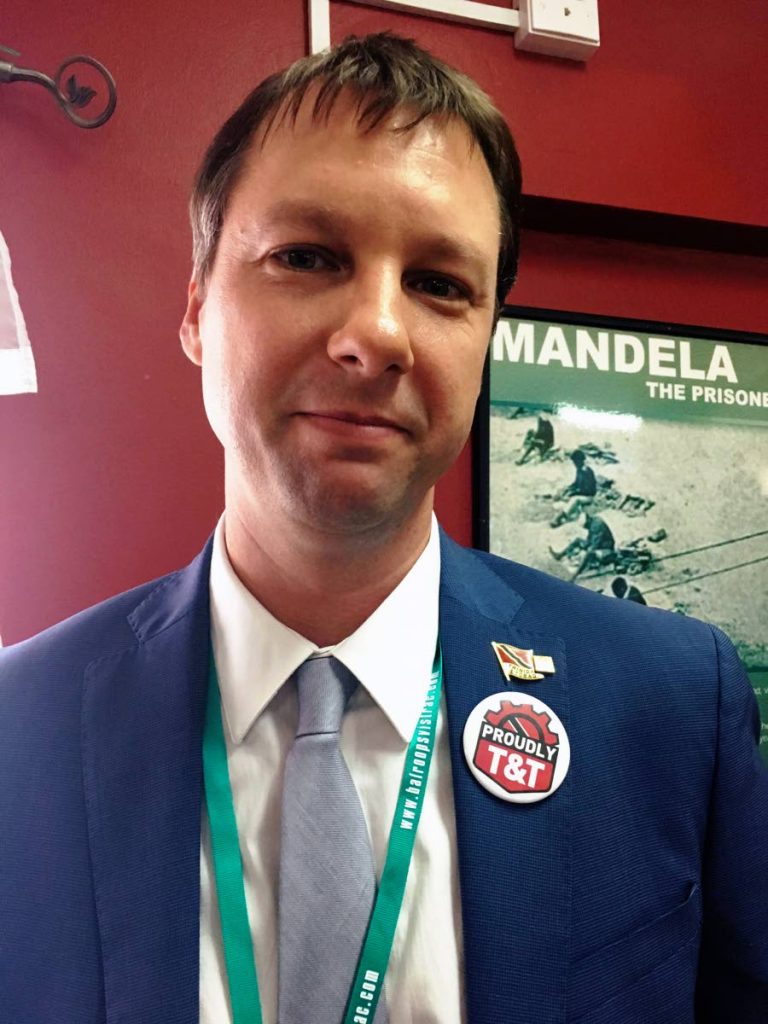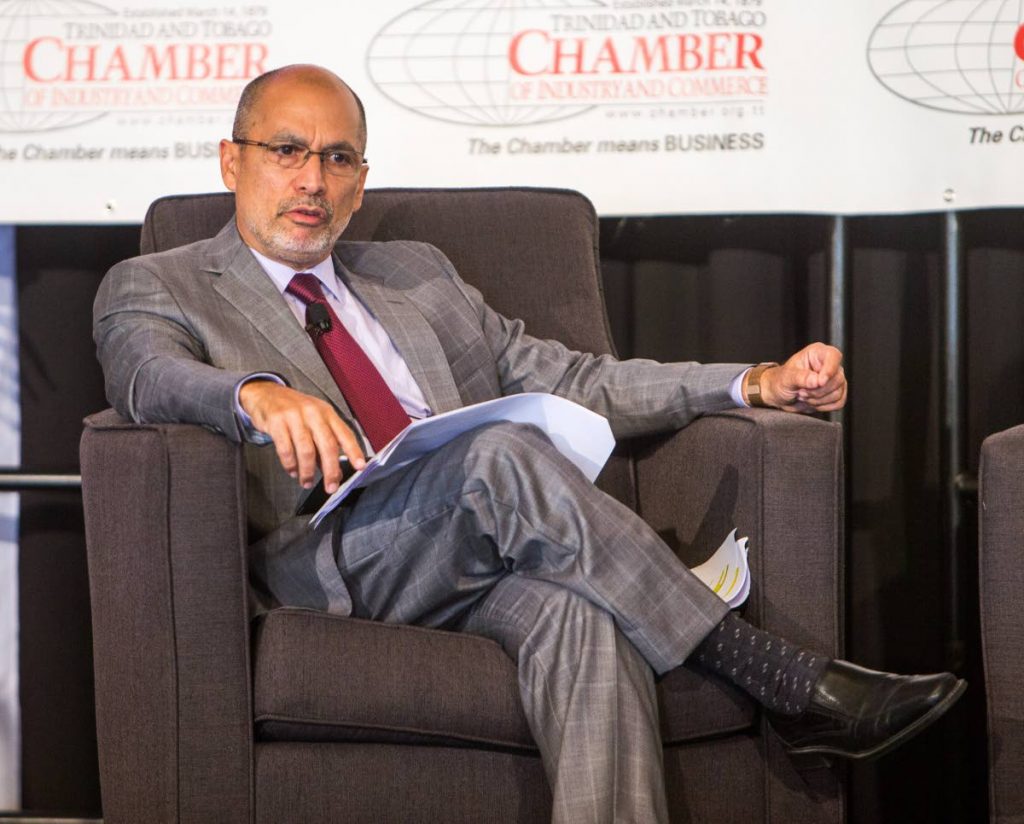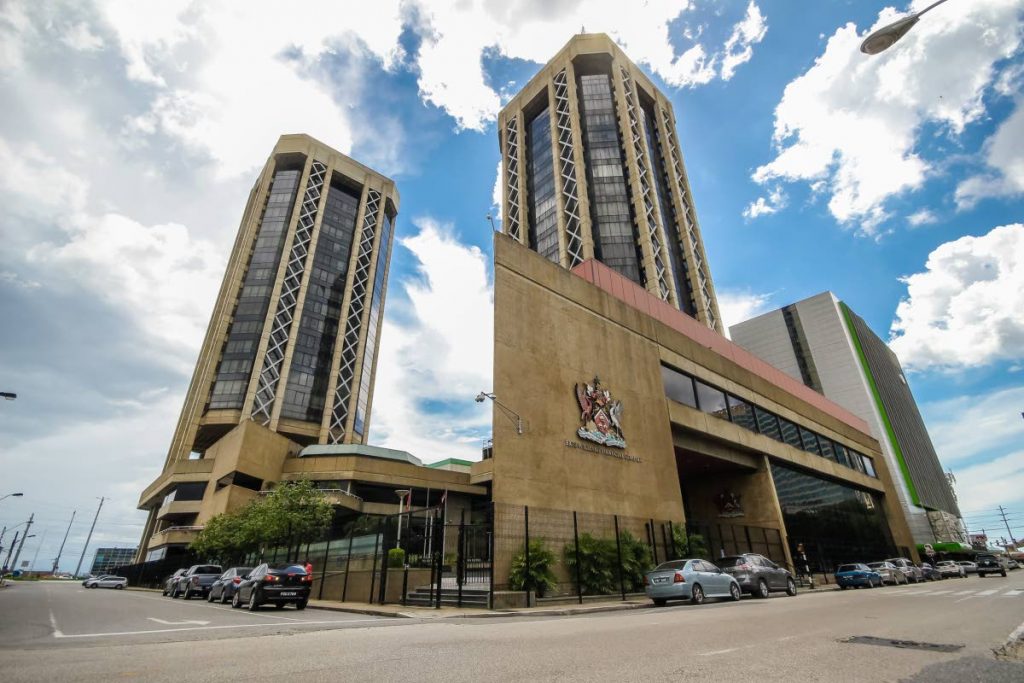Forex squeeze ease

Limited foreign exchange (forex) supplies has been the reality for businesses in TT for quite some time. But there has been some improvement recently, particularly for manufacturers, as the Export Import Bank (Eximbank) made its USS$100 million facility available in August – three months after its May 4 launch.
The retail sector however seems to be less fortunate, as just last Friday, the Starlite Group cited a lack of forex as having had "a major impact" on its Starlite Collection cosmetics store and Nova Coffee shop, South Park, San Fernando.
Both stores at that location have been closed. In a statement, the group said the economic downturn had also negatively impacted the business and that although management tried to maintain the businesses, doing so had become financially non-viable.
The closures are to be temporary, the group added, as management was looking at options to develop a version of each store that could be sustainable in San Fernando.

On the manufacturers' side of things, TT Manufacturers' Association (TTMA) president Christopher Alcazar told Business Day while forex is more readily available now compared to this time last year, it is still not at the level required for easy access.
"In general and in particular for US dollars, the availability is reasonable but it is not quite what our membership needs to be fully comfortable in the conduct of their businesses. By comparison (to last year), the situation has improved.
"Manufacturers have reported that there is some easing up in the access at the commercial banks. Notwithstanding this, considerable challenges remain as many manufacturers of varying sizes – particularly small and medium sized enterprises (SMEs) – are still finding it difficult to access US currency in the quantities that they need to operate their businesses."

A similar point was made to Business Day by TT Chamber of Industry and Commerce (TT Chamber) CEO, Gabriel Faria.
"We conducted a formal survey of our members in June. Many of them said they continue to have challenges accessing the foreign exchange required. Regarding demand, our interpretation of the situation is that the absolute demand has declined somewhat – based on a reduction in consumer demand over the last three months.
"However companies find it still takes them an extended period for large purchases – often in excess of six weeks to meet their full requirement. For example, if a company need US$100,000, they may get US$10,000 in the first week and the rest in subsequent increments."
Faria said the TT Chamber did follow-up interviews with certain members in July and August, asking if there had been any improvements. He said the general feedback was no.
Alcazar partially credited the forex improvement to TTMA members finally getting access to the Eximbank's USS$100 million facility. Some manufacturers have begun using it and the TTMA is working with the others to ensure they are familiar with the application criteria and can therefore "be successful with their applications."
Asked what the association thinks should be done to help further alleviate the situation, Alcazar told Business Day the idea is to continue making incremental steps forward, as is the case with the Eximbank facility, to ensure access becomes more widespread, especially for SMEs.
Regarding the call for manufacturers to become less forex-reliant for the purchase of raw materials/inputs, Alcazar said some have taken "extremely commendable steps" to do so.
In one case, he said, an unnamed company in chemicals sub-sector has moved to provide import substitutes for the country.
"The company utilises imported raw materials but manufactures a product that can effectively be used as a substitute for similar products being imported en masse for the automotive industry. It has calculated the quantum of forex TT could save by switching to its locally manufactured goods, thus making a case for the Government to give priority to burgeoning companies that will allow the country to rely less on imported finished goods."
In an August 21 statement, Alcazar had said the TTMA was confident that the overall forex situation would improve, "once there is continued effective collaboration between the government, state agencies and the business community."
In a subsequent interview with Business Day, he urged Government to prioritise the SME sector in its policy decisions, "as those are the ones most affected and requiring the most support."
Alcazar added, "They also hold the capacity to generate exports but in order to do so they must be able to sustain themselves through the current dependence on imported raw materials – and by extension US currency – until they have matured enough to become net exporters."
He said the TTMA feels confident the country is "slowly coming out of the economic recession", expressing hope that this will lead to a boost in forex reserves – a major component in the wider limitations that trickle down to the manufacturing sector’s woes."

Business Day also spoke with the Central Bank's senior manager, industrial and external relations, Nicole Crooks about forex supplies.
As of August 20, the total sales to the public for the year was US$3.485 billion. "The majority of sales – more than 70 per cent – to the public are in US dollars."
Comparing demand to the same period last year, Crooks said the amount sold to the market for the corresponding period last year was US$3.229 billion.
Business Day also asked when last the Central Bank injected forex into the market and how much was put in.
"The bank intervenes in the market on a regular basis by selling US dollars to authorised dealers. The last sale to the system of US$75 million was done on August 14, 2018," Crooks said.


Comments
"Forex squeeze ease"